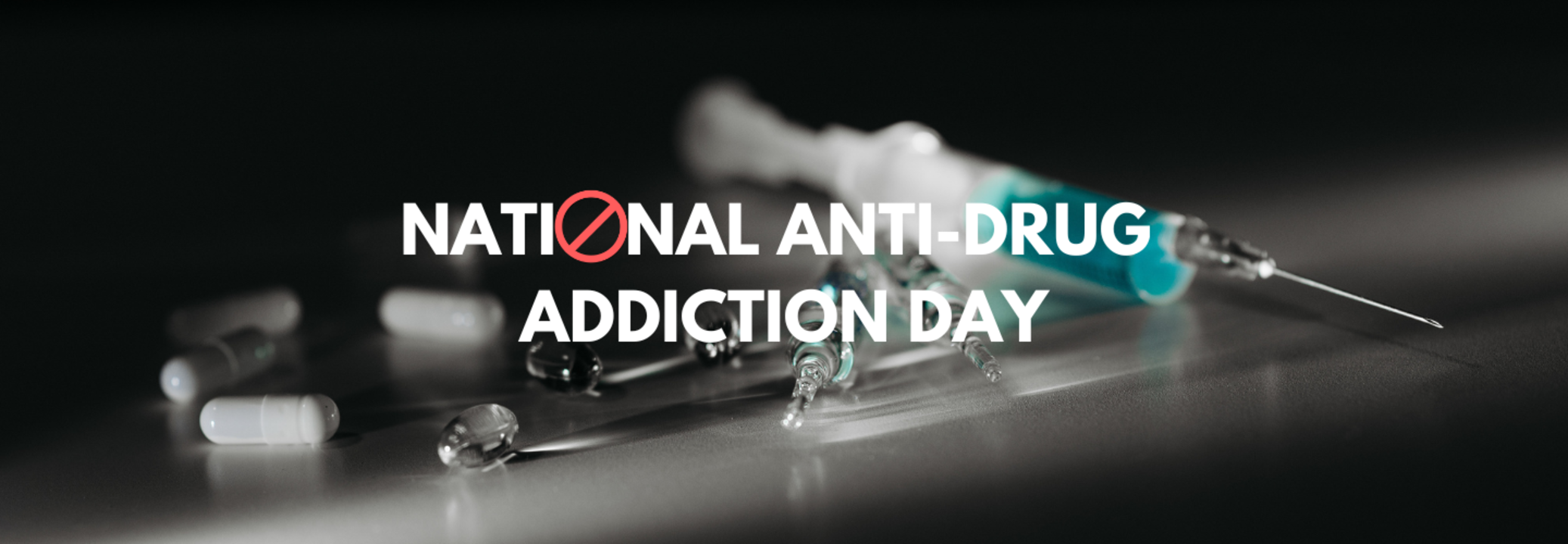National Anti-Drug Addiction Day 2024: Reintegrating In Society After Rehab

Credits: Canva
SummaryNational Anti-Drug Addiction Day, observed each year on this day, raises awareness about the harmful effects of drug abuse, educates on addiction disorders, and highlights the importance of early intervention and available treatments.
End of Article
